The DePauw provided a laboratory for experimentation and learning for Jon Fortt ’98, who continues to try out ideas as a professional journalist focused on technology.
As a student reporter and ultimately editor-in-chief, “I really fell in love with the independent student newspaper, the environment, the laboratory environment of students learning from each other,” he said. And though journalism has changed since Fortt started practicing it, “I think it’s still important to think about ways that, in a connected, digital society, DePauw and The DePauw and student media can remain that sort of laboratory.”
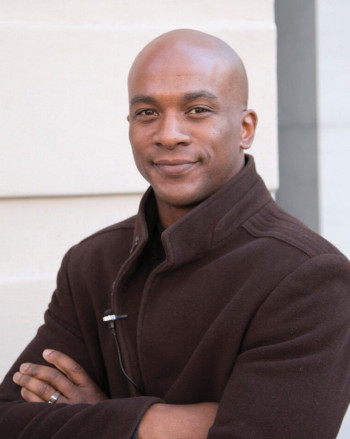 Fortt knows what he’s talking about, in more ways than one. Not only has he been a reporter for more than 20 years, but he has covered technology specifically almost from the beginning, having been assigned to do so during his first post-graduation job at the Herald-Leader in Lexington, Kentucky. He moved to Silicon Valley to work at the San Jose Mercury News, where he covered fledgling tech companies, including Apple and Adobe. He switched to broadcast journalism in 2010 when he went to work for CNBC. He became co-anchor of “Squawk Alley” in November 2013 and has held the same role at “TechCheck” for the past year.
Fortt knows what he’s talking about, in more ways than one. Not only has he been a reporter for more than 20 years, but he has covered technology specifically almost from the beginning, having been assigned to do so during his first post-graduation job at the Herald-Leader in Lexington, Kentucky. He moved to Silicon Valley to work at the San Jose Mercury News, where he covered fledgling tech companies, including Apple and Adobe. He switched to broadcast journalism in 2010 when he went to work for CNBC. He became co-anchor of “Squawk Alley” in November 2013 and has held the same role at “TechCheck” for the past year.
His resume speaks to his willingness to experiment: He created, hosts and is executive producer of “Fortt Knox,” a five-year-old digital interview program. He created and writes a weekly “Working Lunch” segment, focusing on founders and CEOs, for CNBC’s “Power Lunch,” and a segment called “On the Other Hand” for “Squawk Box,” in which he argues both sides of contentious business issues. After George Floyd was killed, Fortt – wishing to “prepare my young sons for life in America” – created a multi-part online course called “The Black Experience in America.” He also is publisher of Cross Cultural Newsletter, a Christian and cultural exploration of the Bible.
The DePauw prepared him to work in the media, he said. He covered two hazing scandals, and “they weren’t popular stories with everyone. And I learned to take the heat for those kinds of things.” Around the same time, he wrote a feature story about eating disorders, and got a tip from the president of a sorority about which he had just written. “That trust was still there,” he said, and she recognized that “I was trying to do the right thing for the community. …
“That’s part of the unique laboratory of DePauw. When it’s working the right way, you learn that sometimes all the aspects of civil society, including journalism, aren’t pleasant going down, but they’re good medicine for the body politic.”
DePauw Magazine
Spring 2022
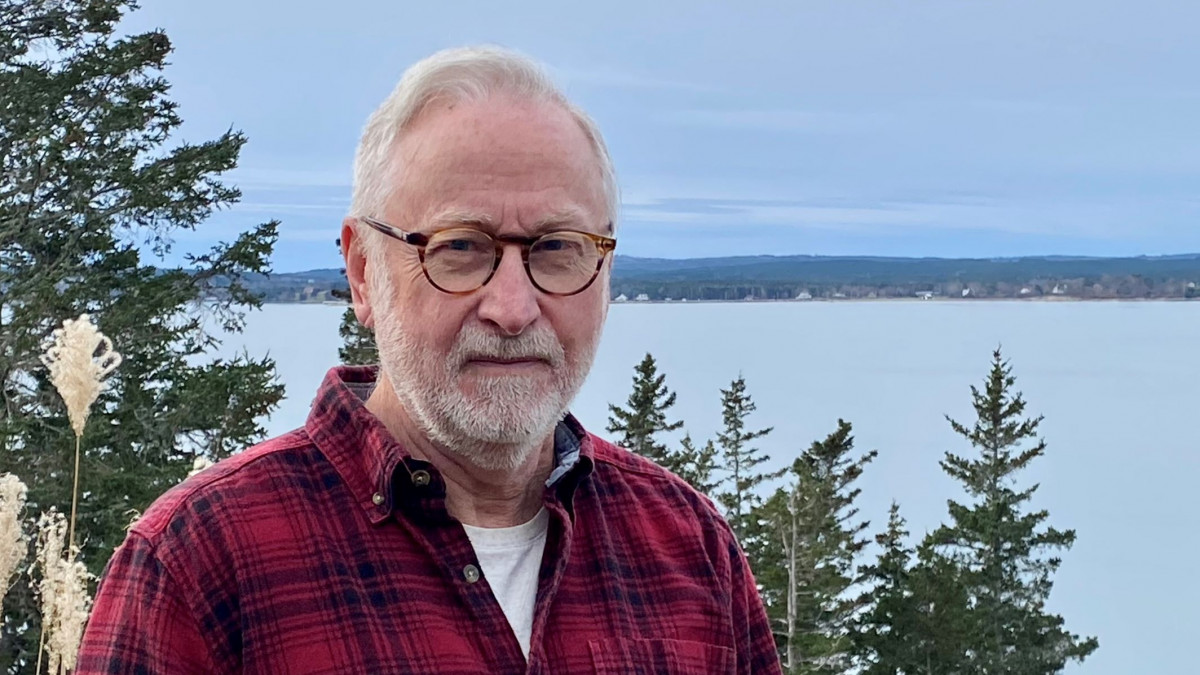 Ever-changing challenges
Ever-changing challenges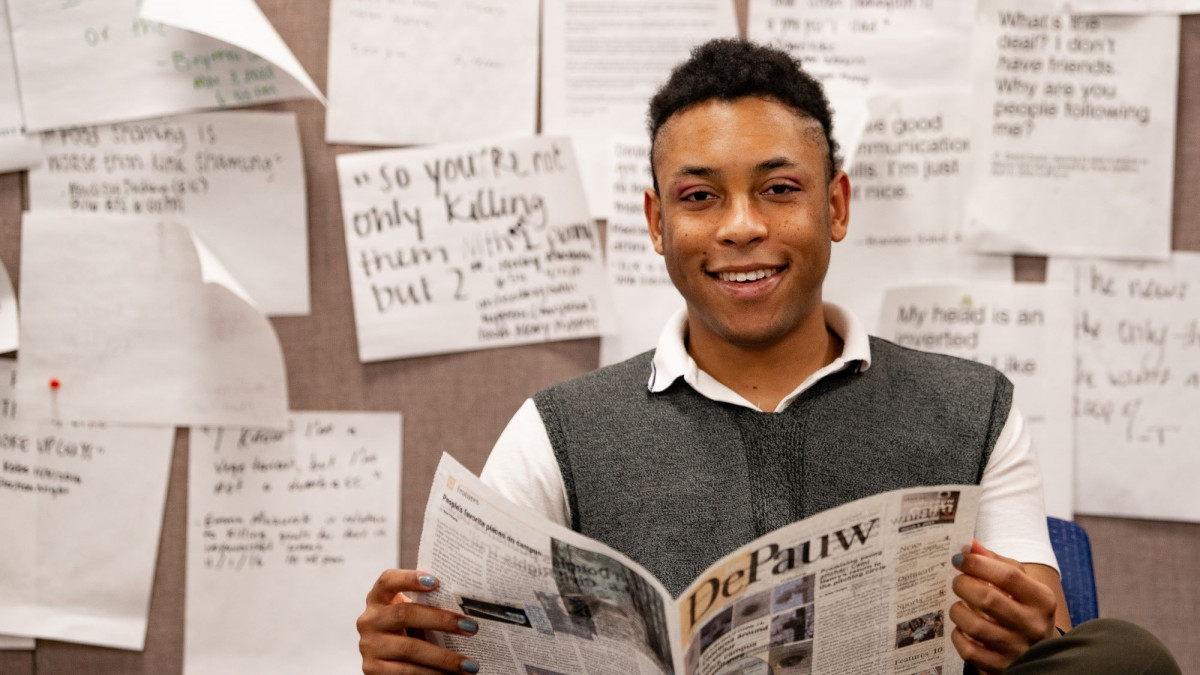 New approaches
New approaches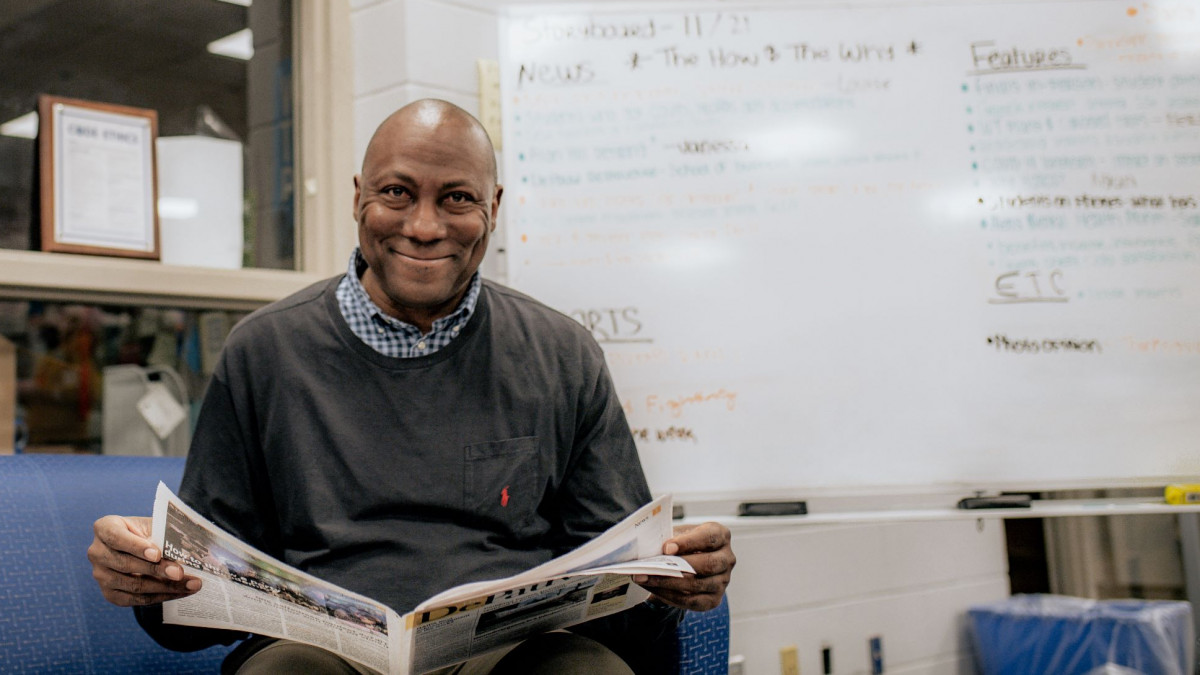 First Person by Samuel Autman
First Person by Samuel Autman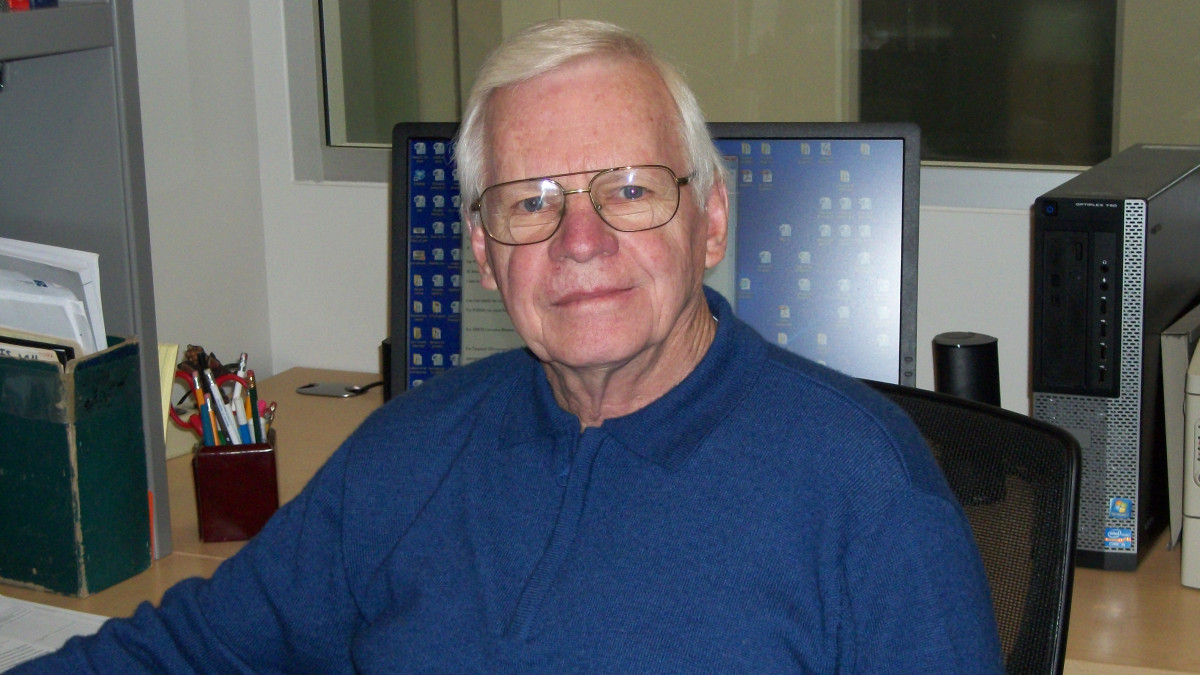 ’62 champ still swimming after all these years
’62 champ still swimming after all these years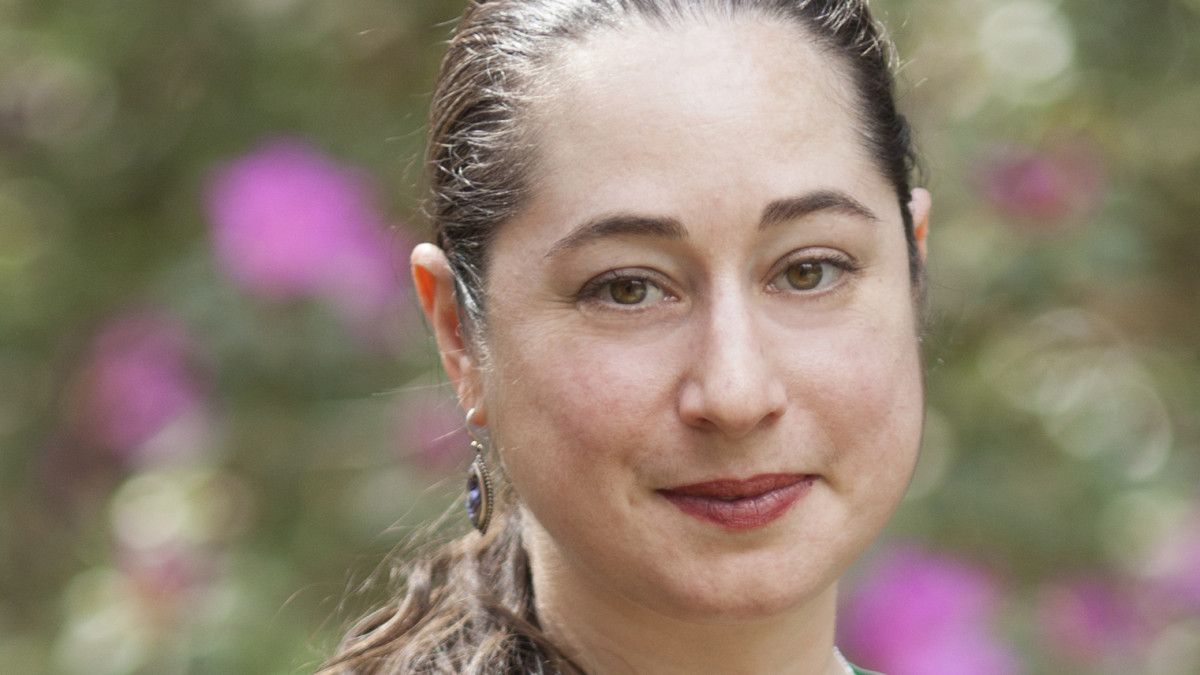 The Bo(u)lder Question by Maggie Schein
The Bo(u)lder Question by Maggie Schein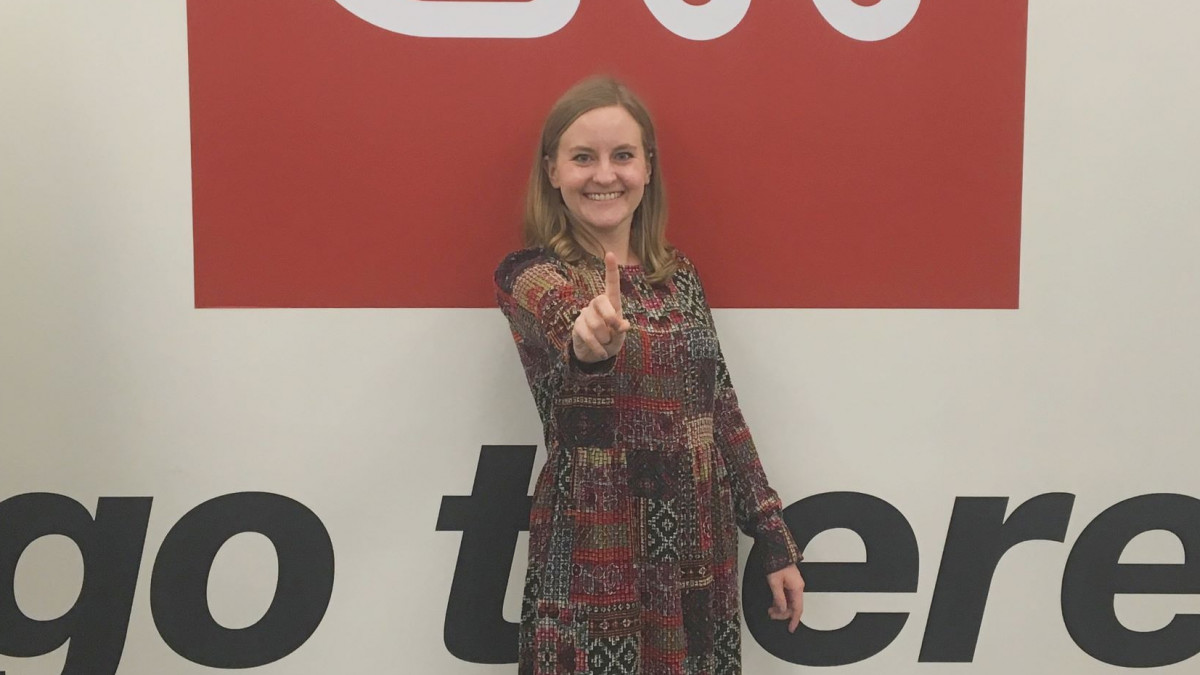 Lessons in accountability
Lessons in accountability 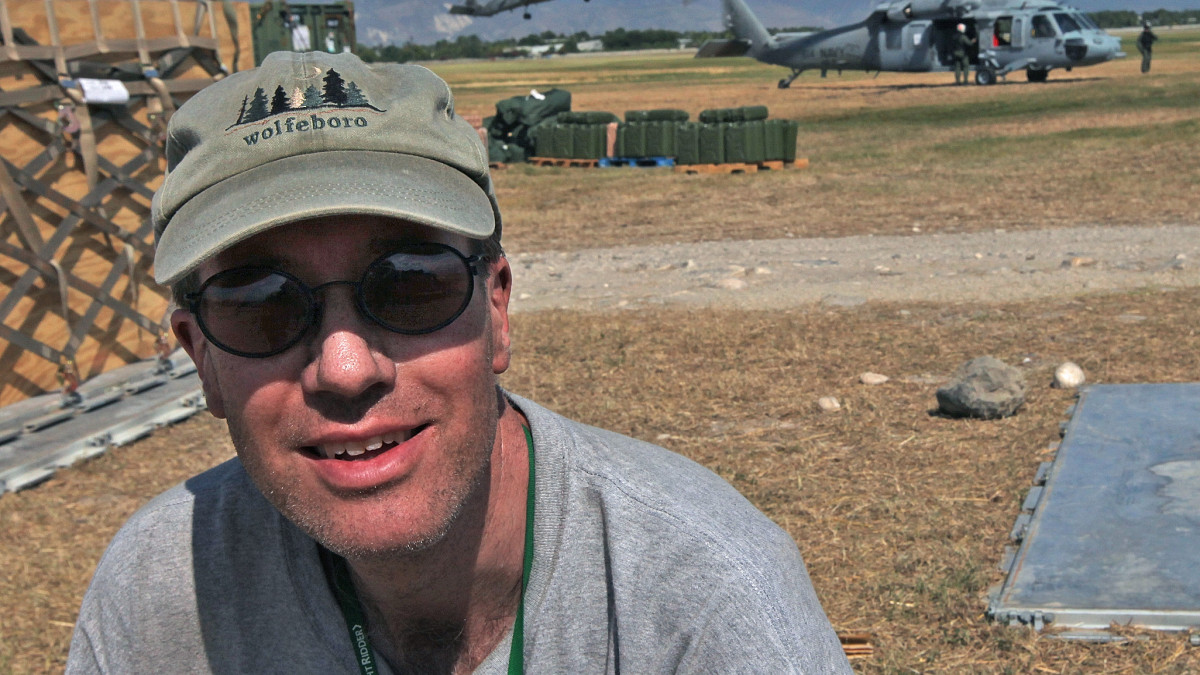 Stories people care about
Stories people care about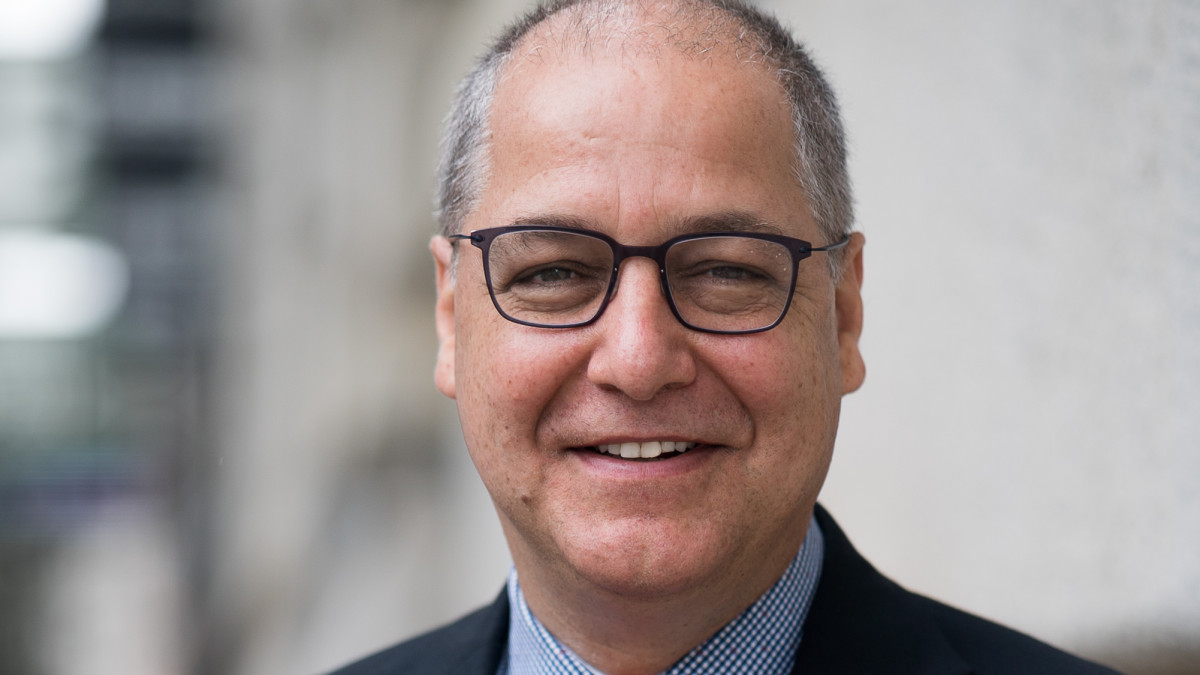 A watchdog
A watchdog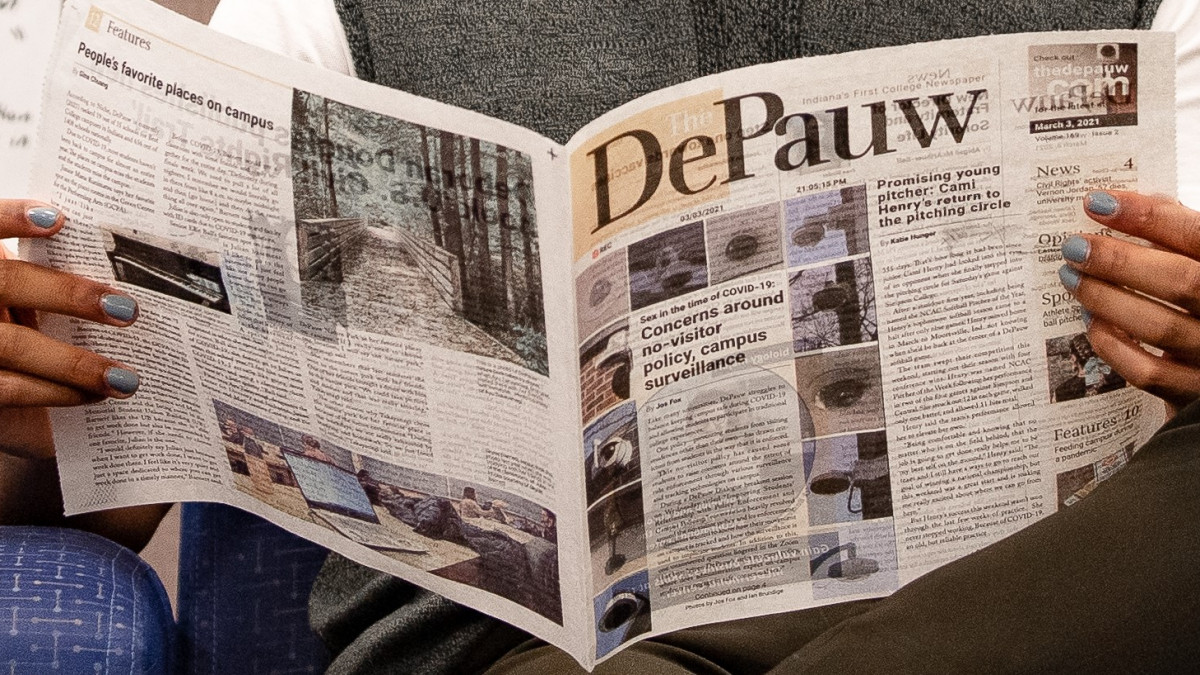 Eye-opening experience
Eye-opening experience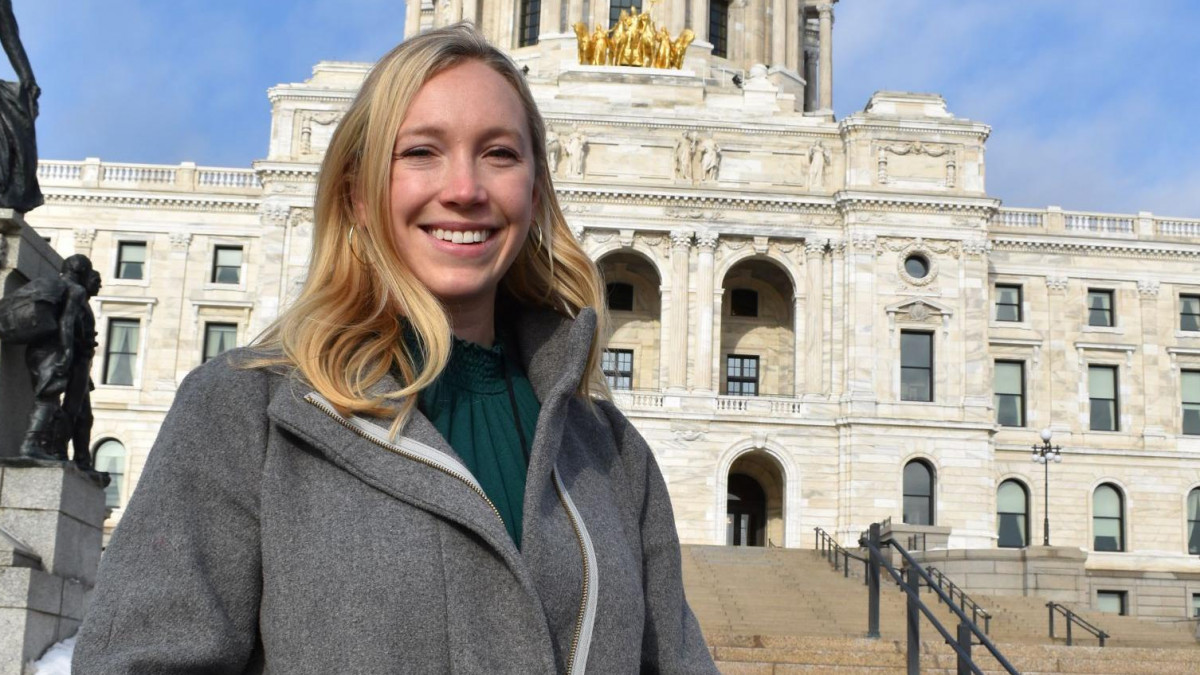 Ethical decision-making
Ethical decision-making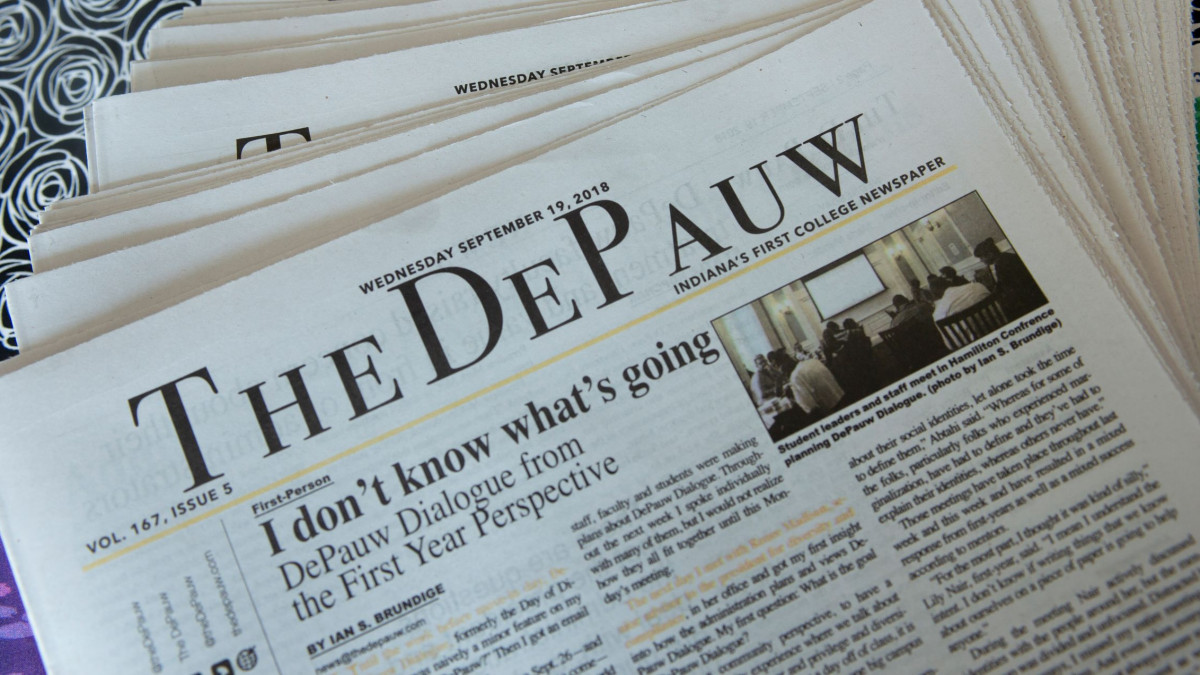 A way to give back
A way to give back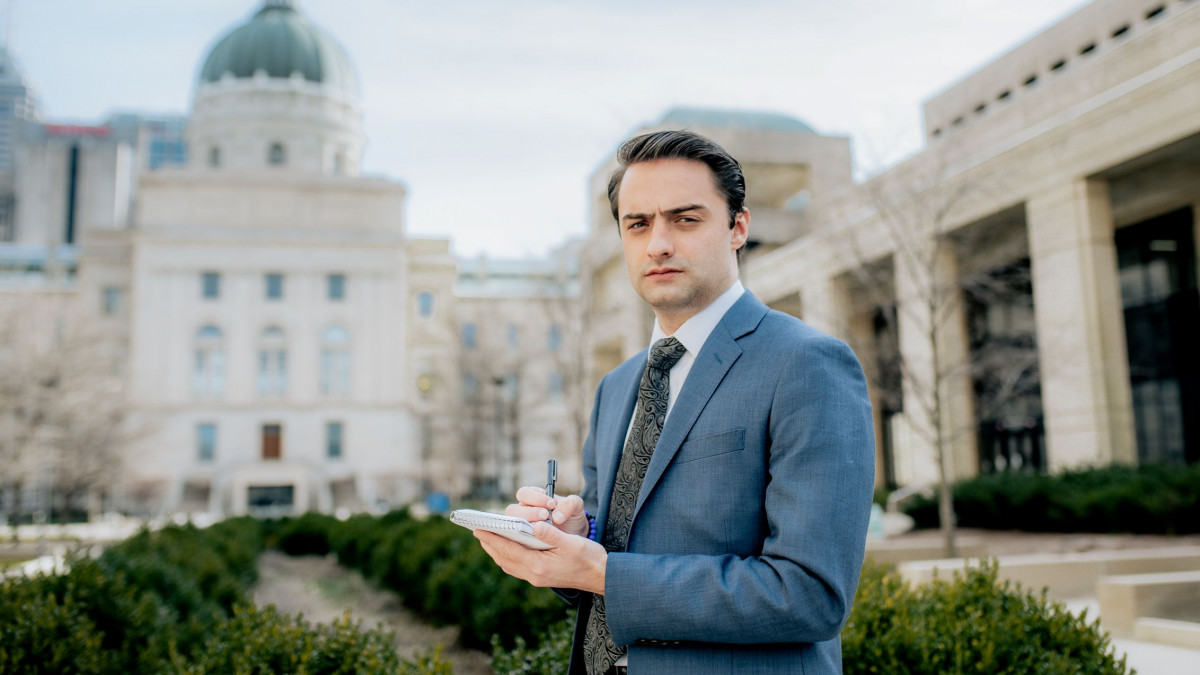 Confidence-builder
Confidence-builder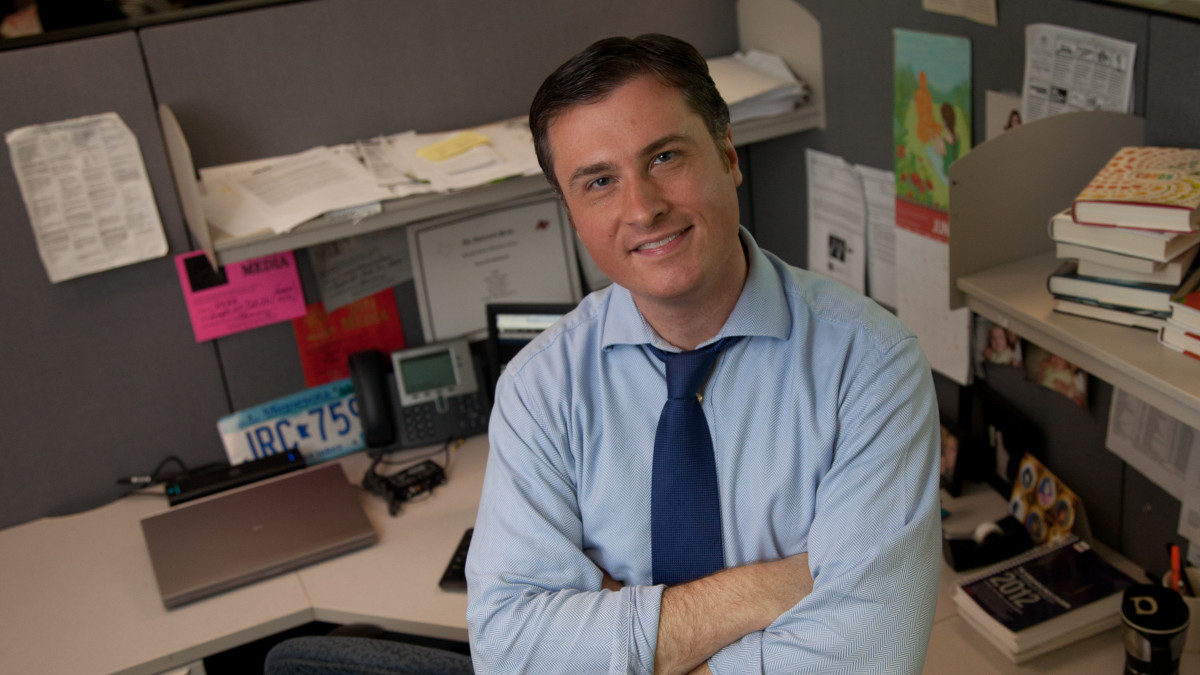 A solid foundation
A solid foundation 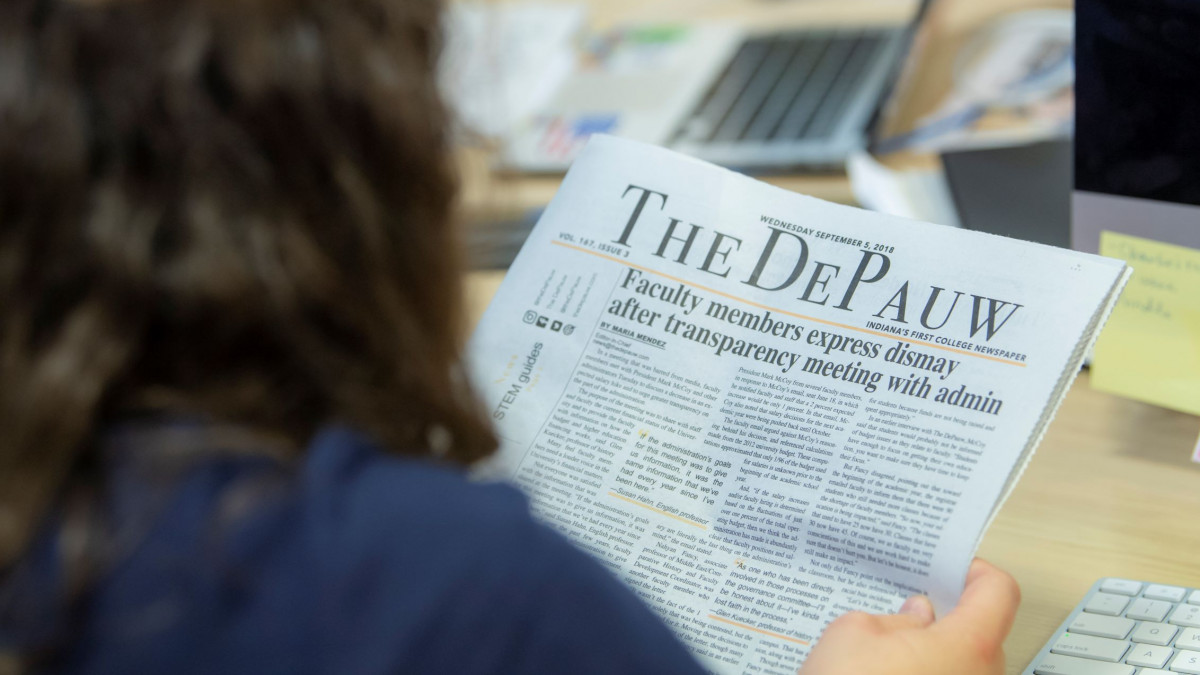 Collaborative spirit
Collaborative spirit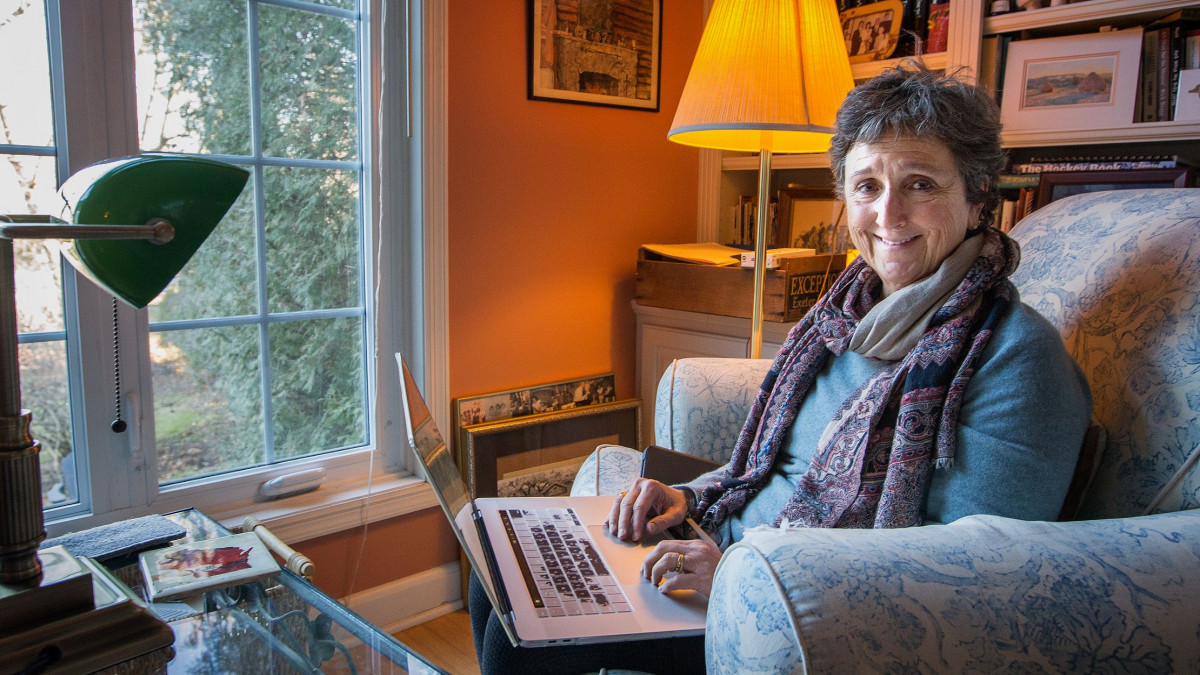 A sense of identity
A sense of identity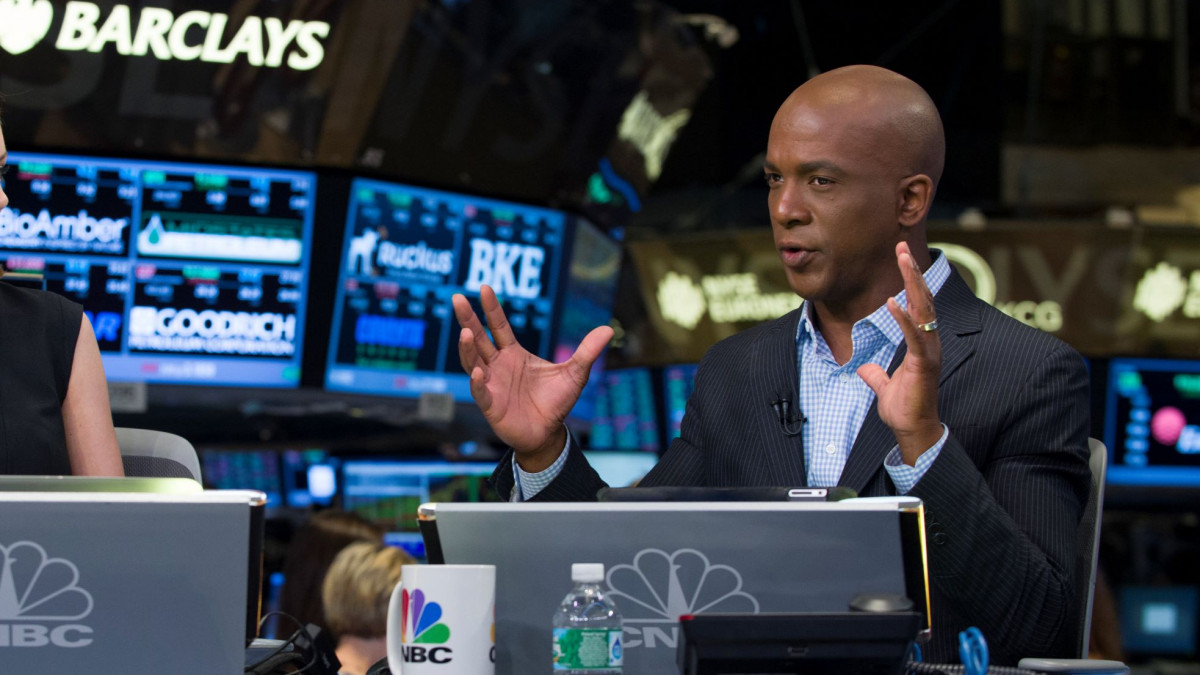 Freedom to experiment
Freedom to experiment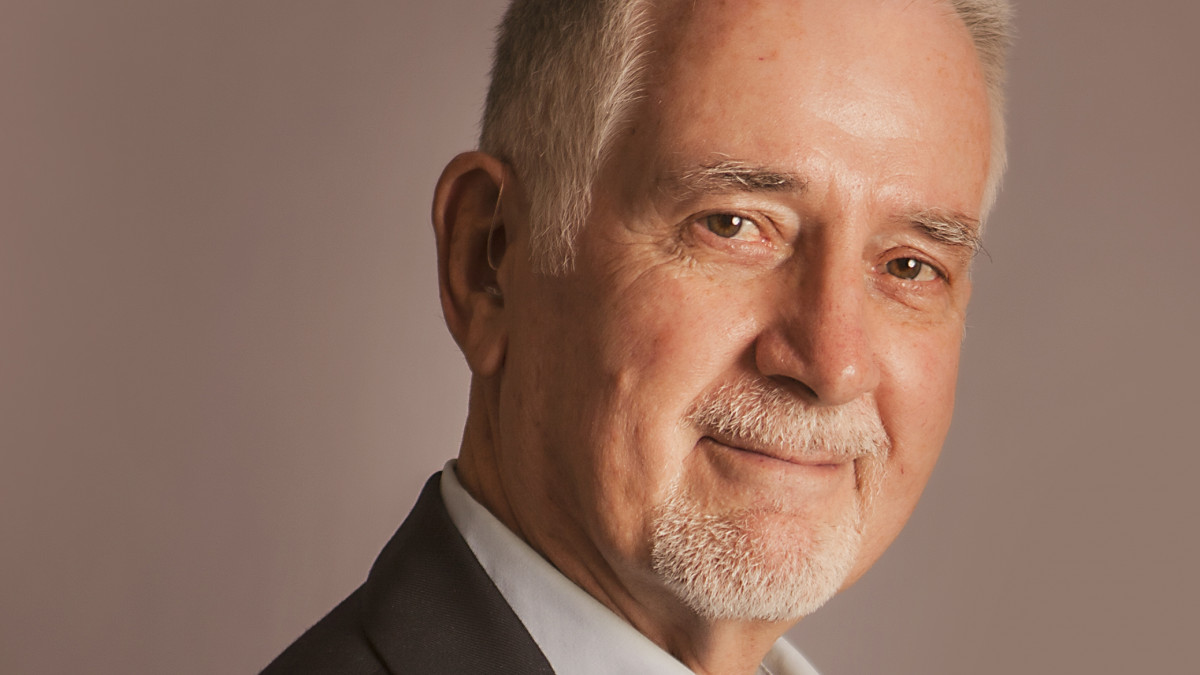 Meeting Jimmy Hoffa
Meeting Jimmy Hoffa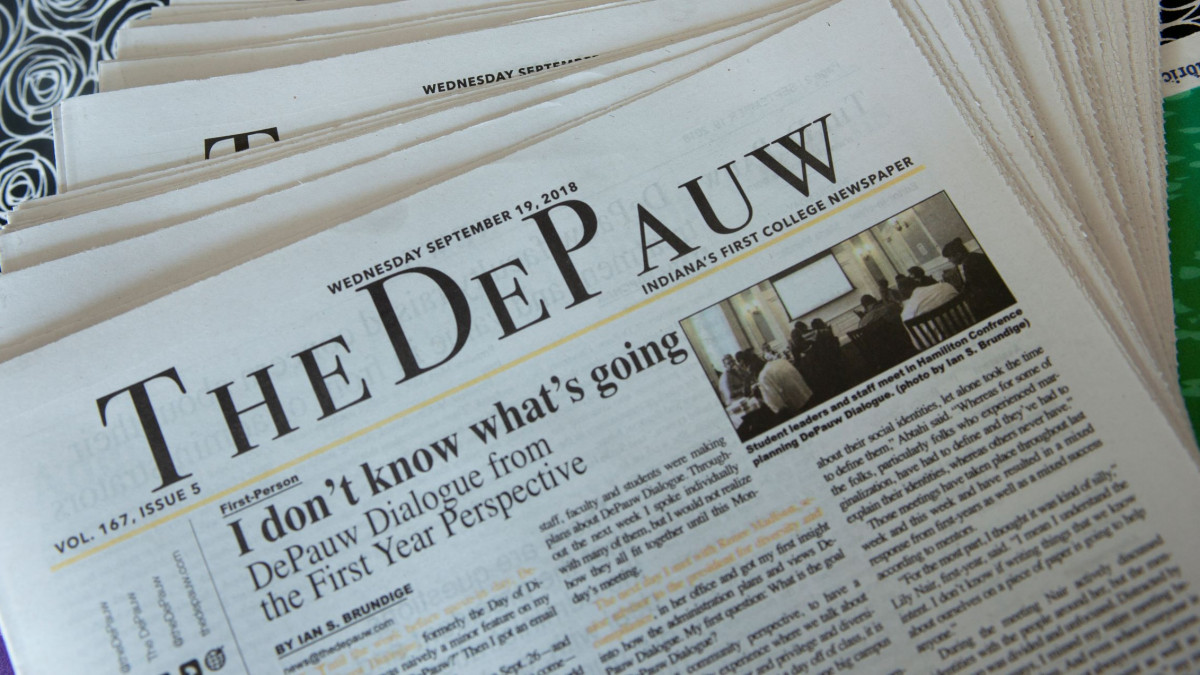 The DePauw at 170
The DePauw at 170 The book seller
The book seller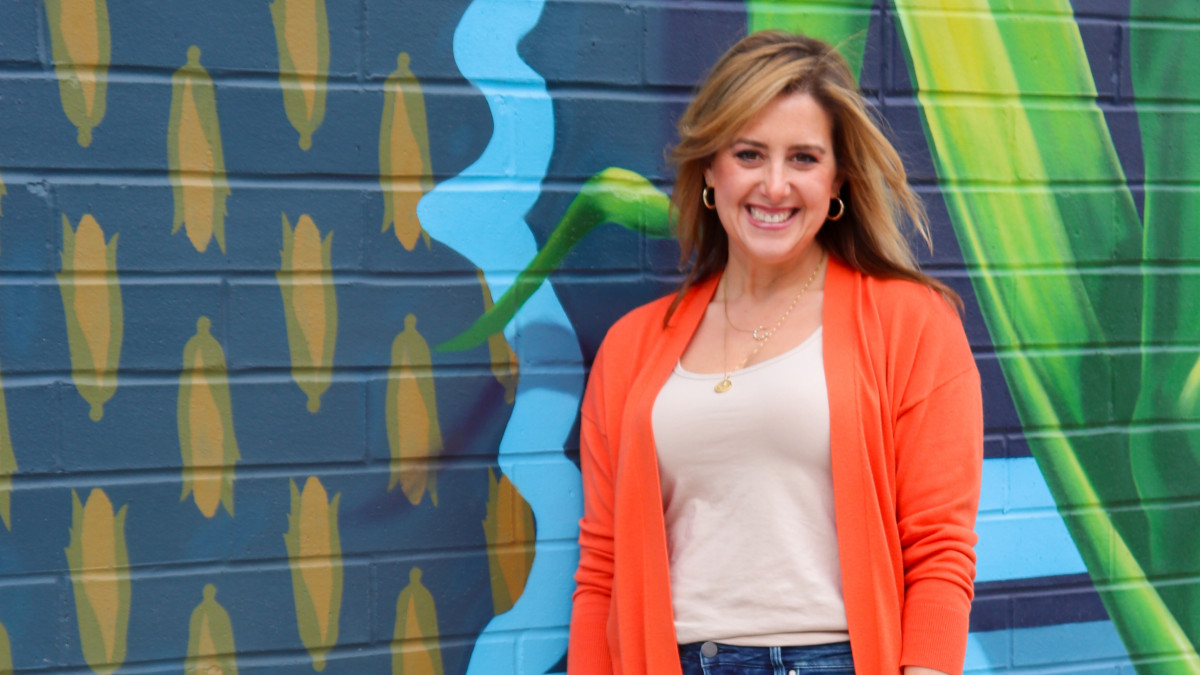 The reader
The reader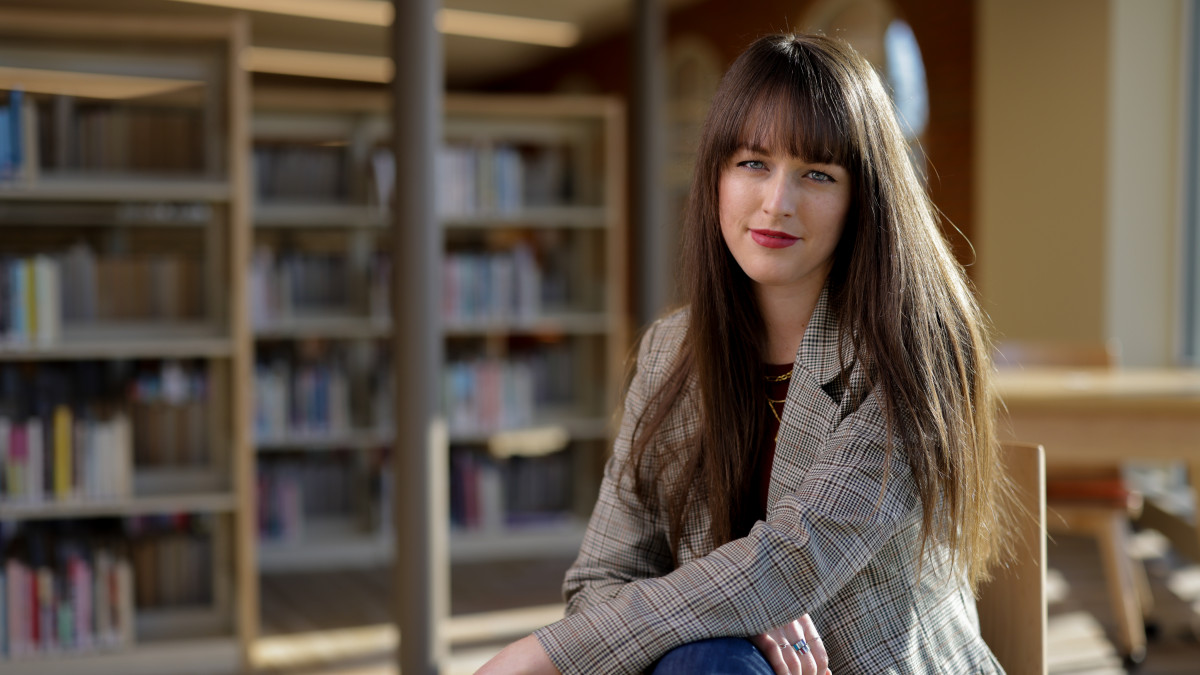 The publicist
The publicist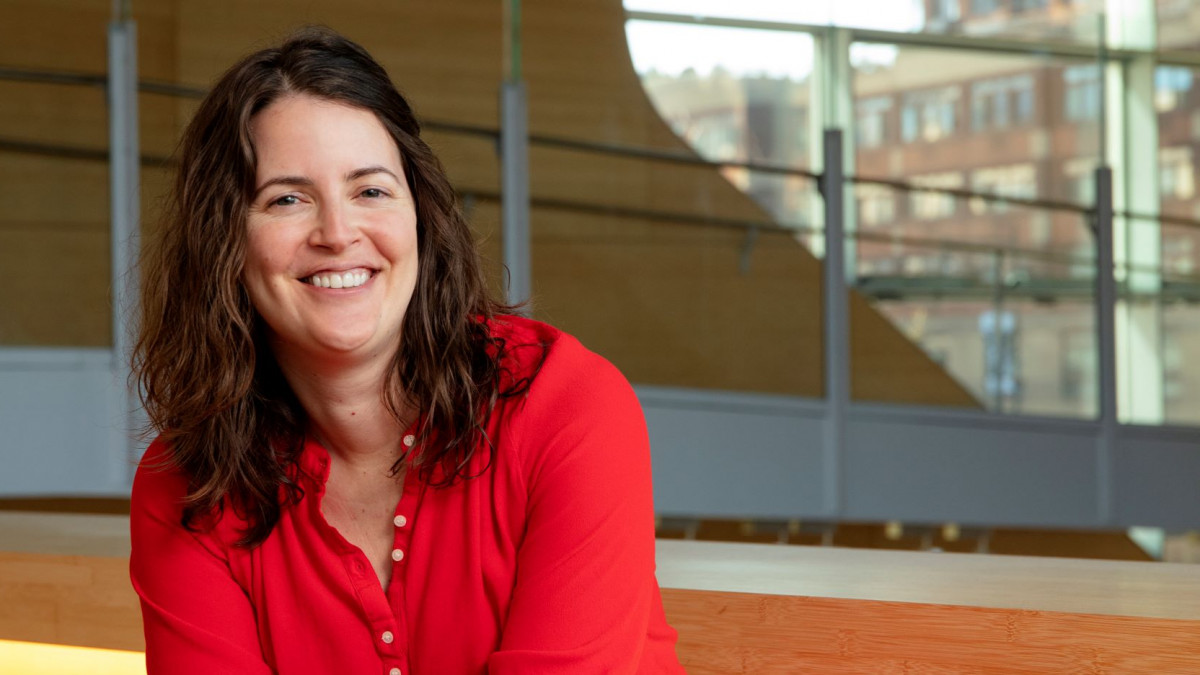 The children’s book publicist
The children’s book publicist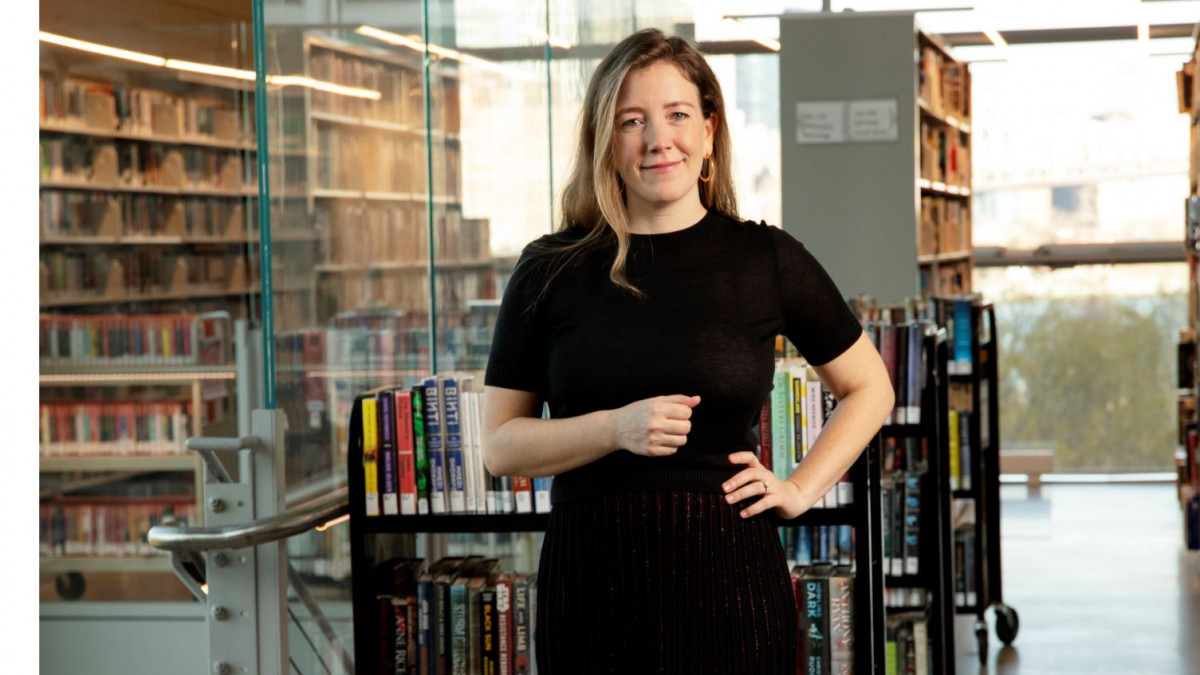 The ad director
The ad director 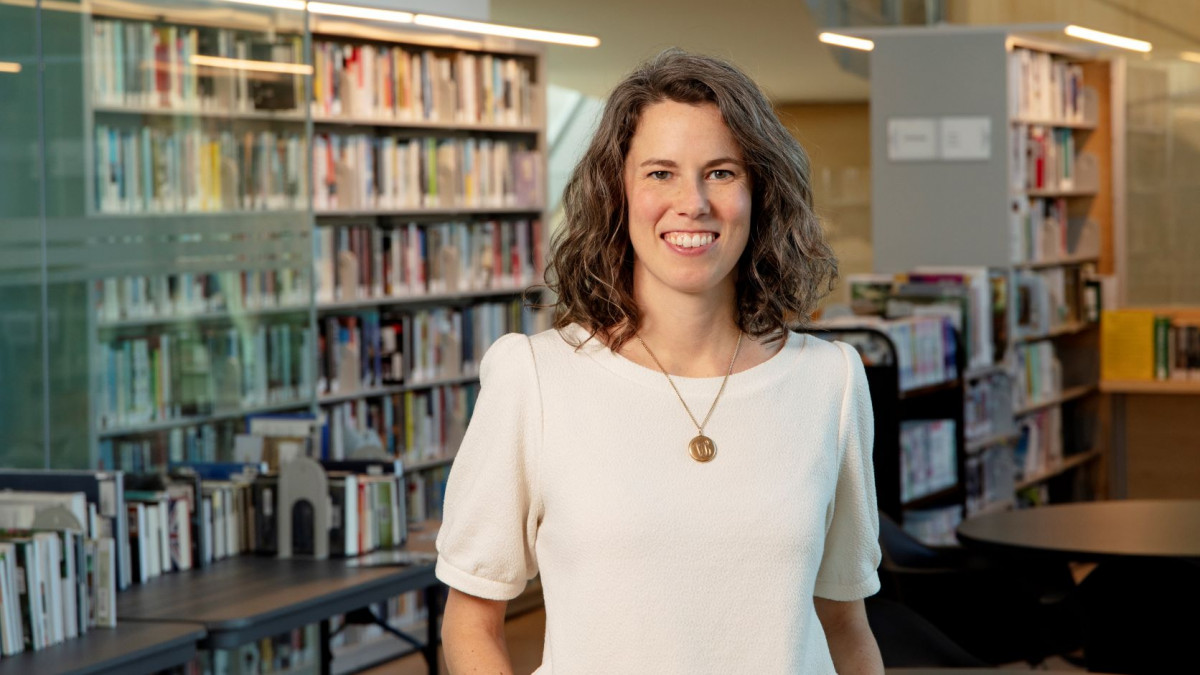 The sales director
The sales director 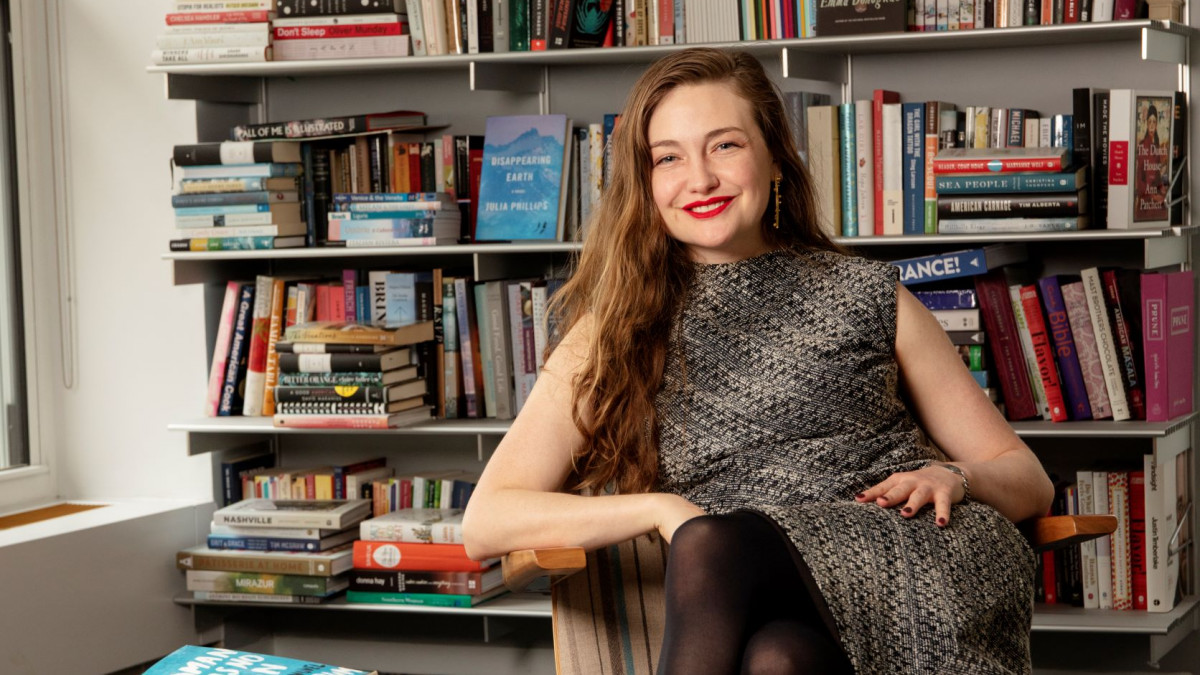 The literary fiction editor
The literary fiction editor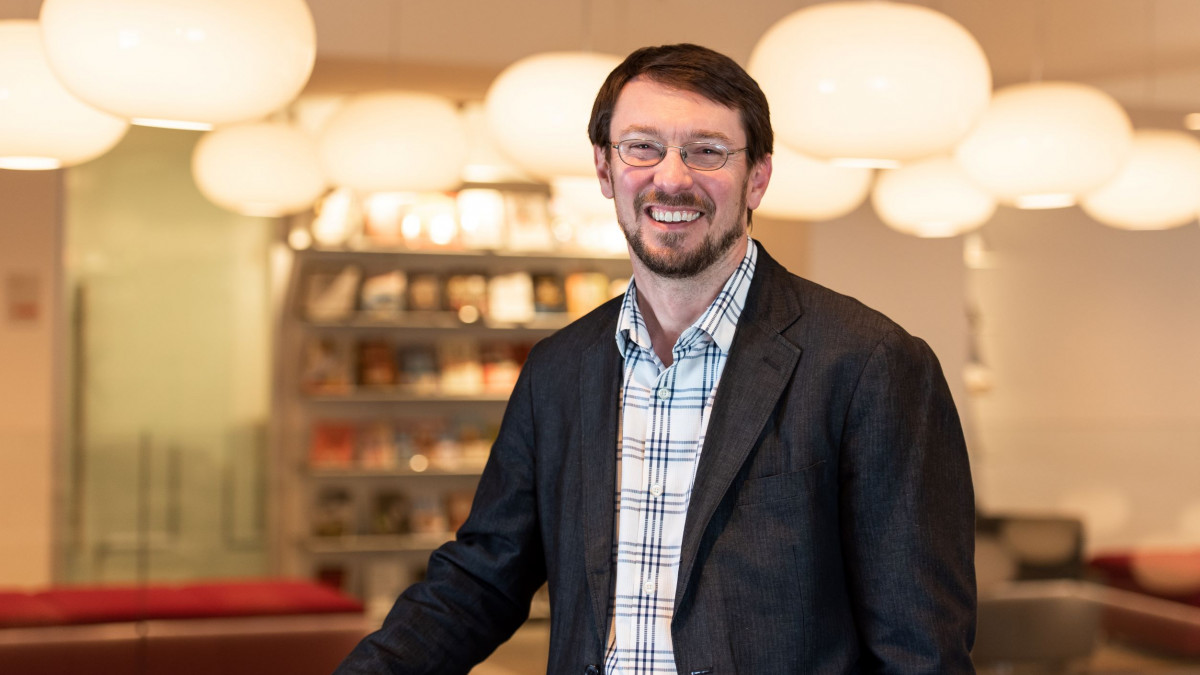 The nonfiction editor
The nonfiction editor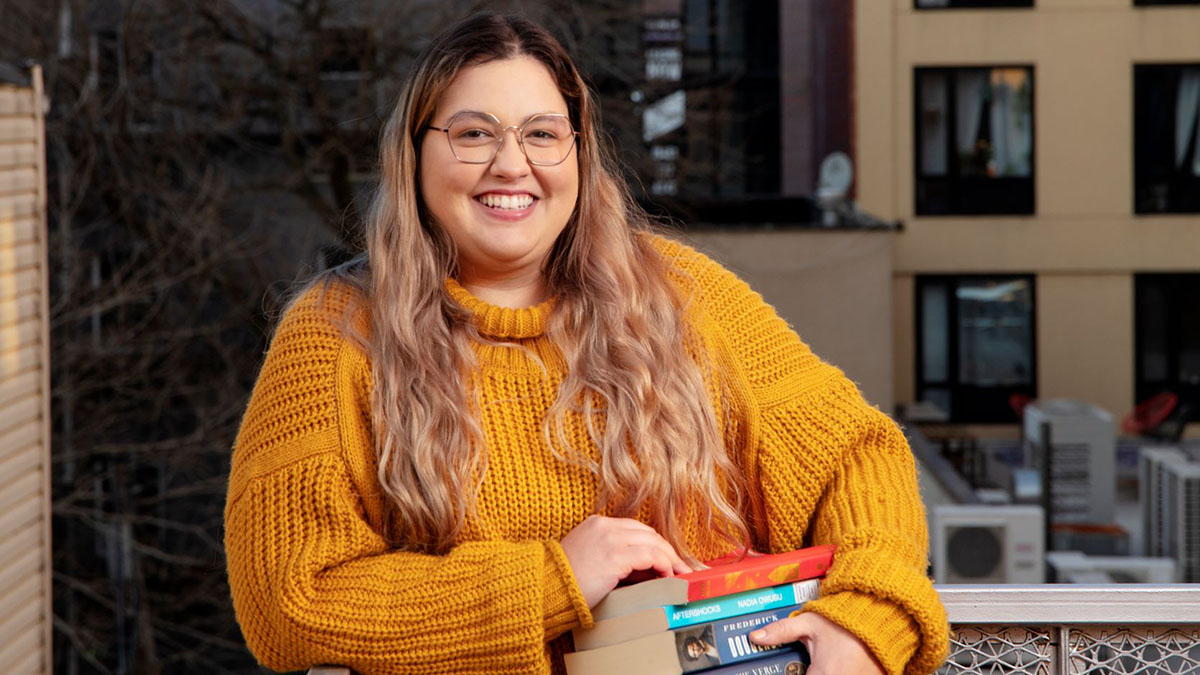 The assistant editor
The assistant editor 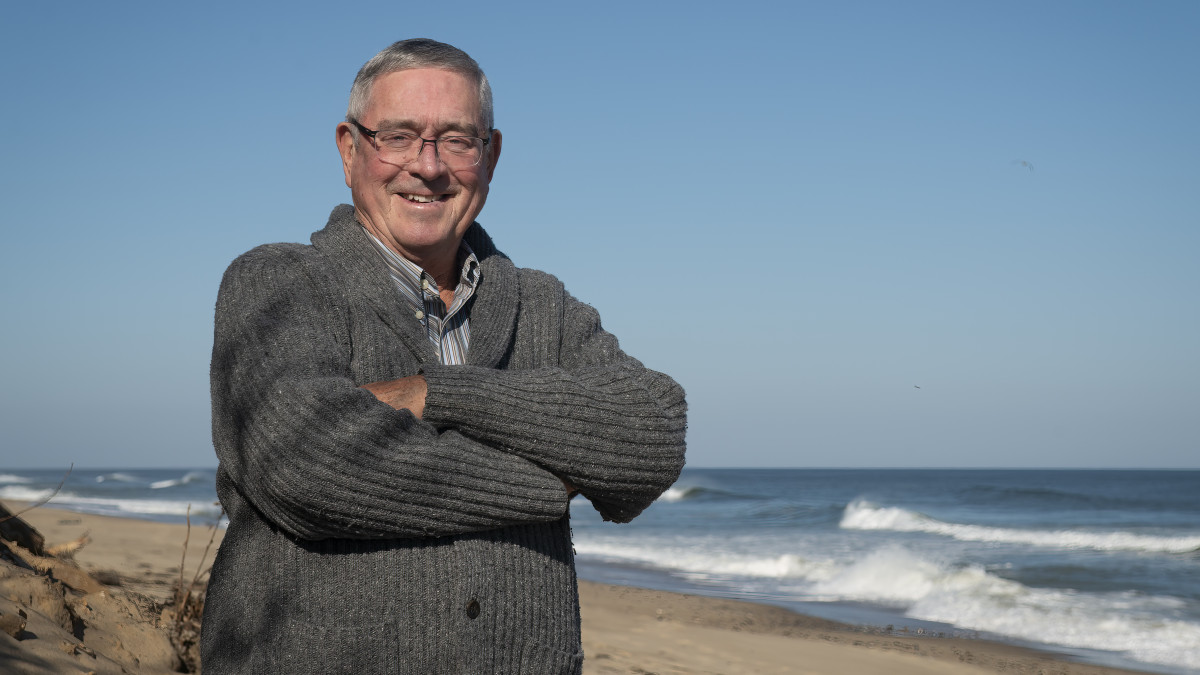 The literary agent
The literary agent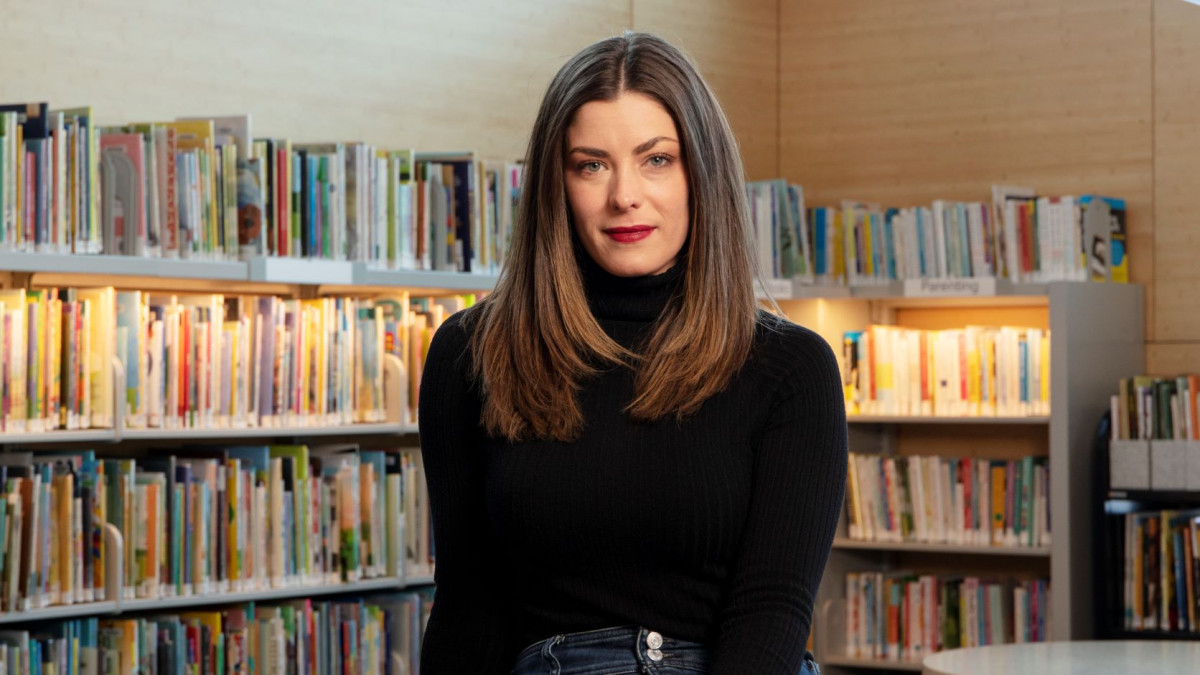 The illustration agent
The illustration agent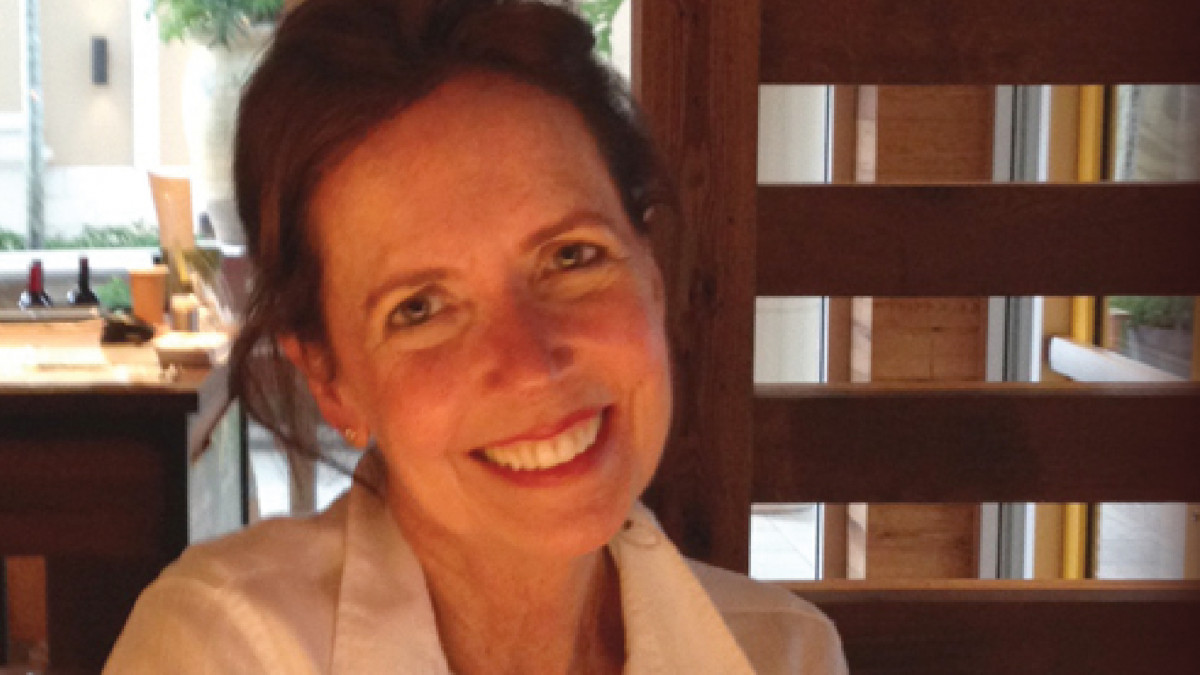 The ghostwriter
The ghostwriter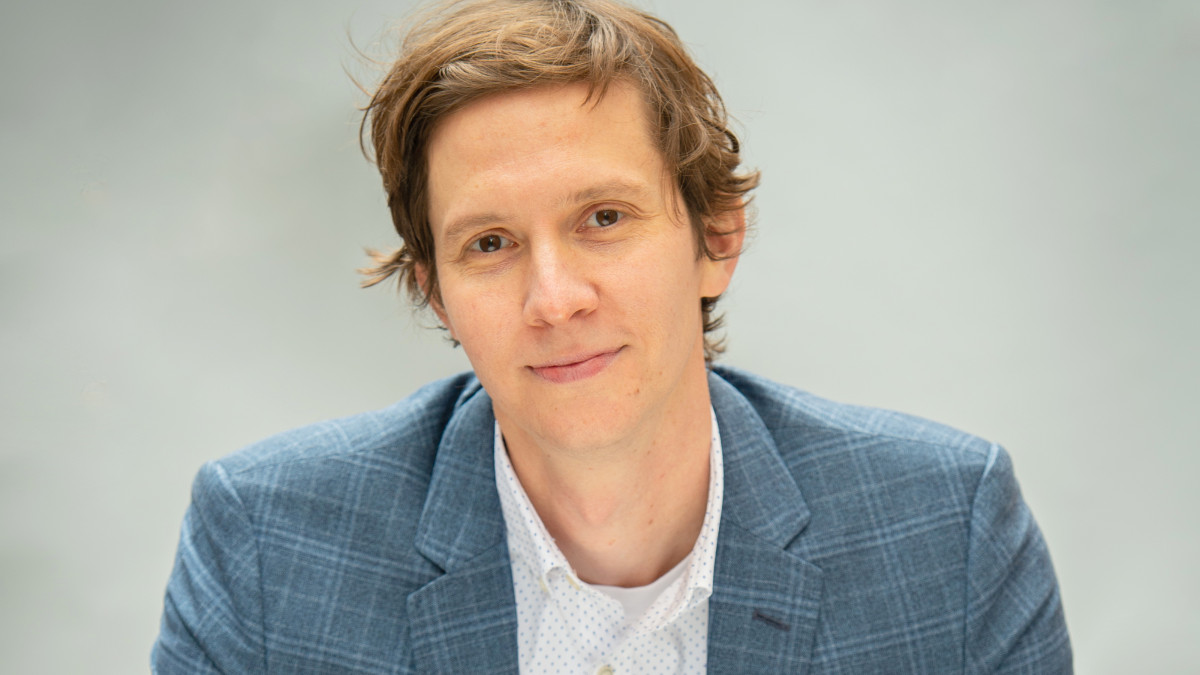 The niche publisher
The niche publisher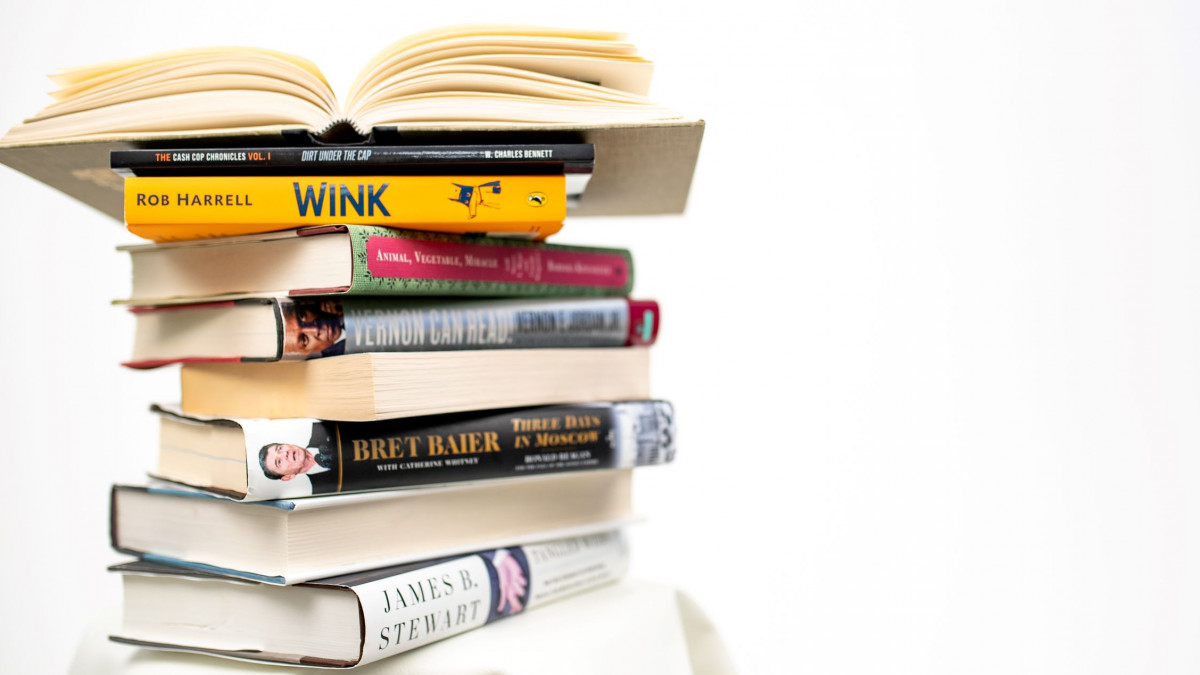 The accidental author
The accidental author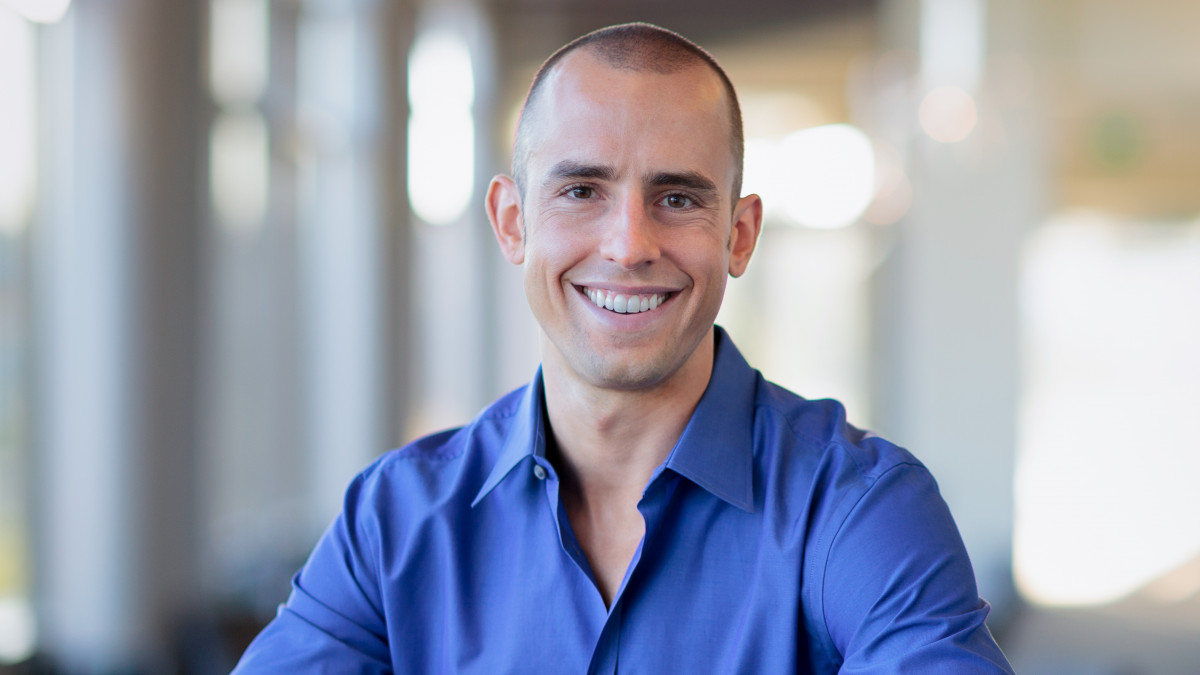 The self-published author
The self-published author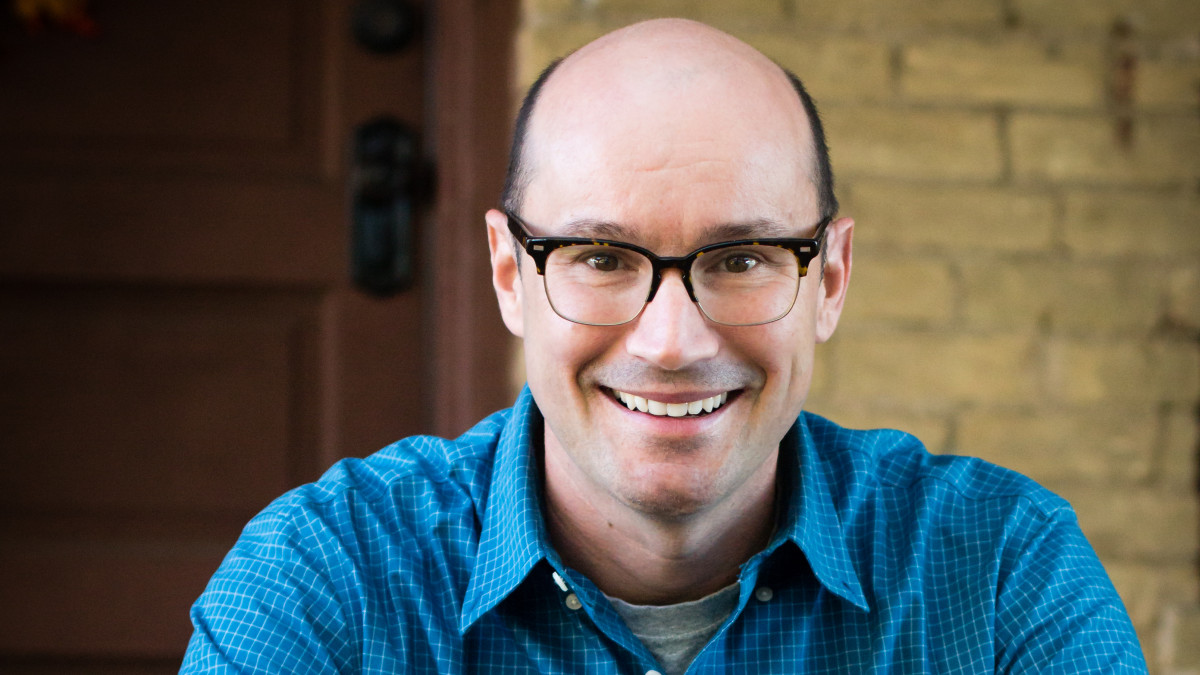 The children’s author and illustrator
The children’s author and illustrator 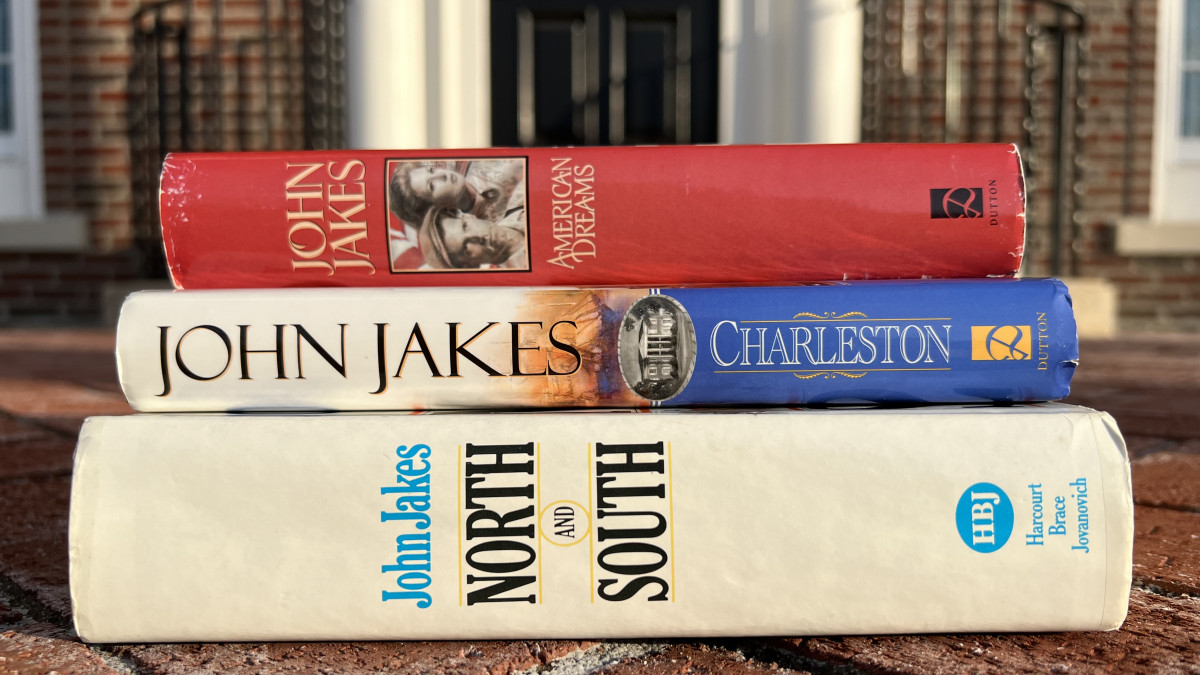 The bestseller
The bestseller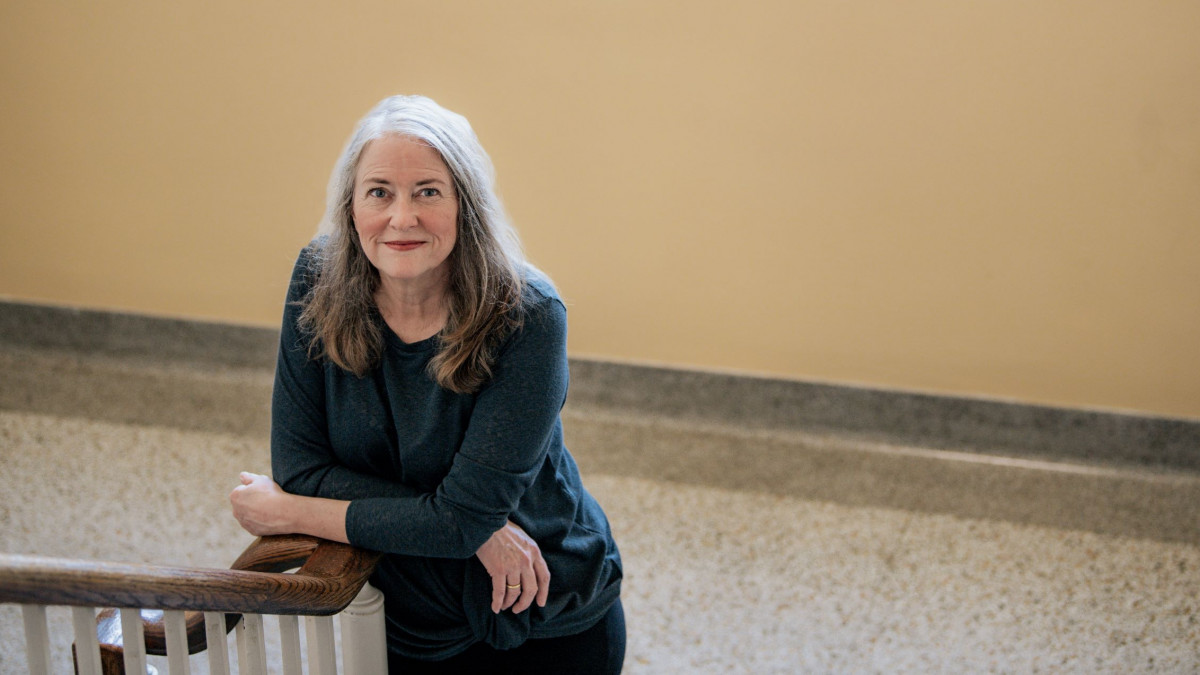 The fiction author
The fiction author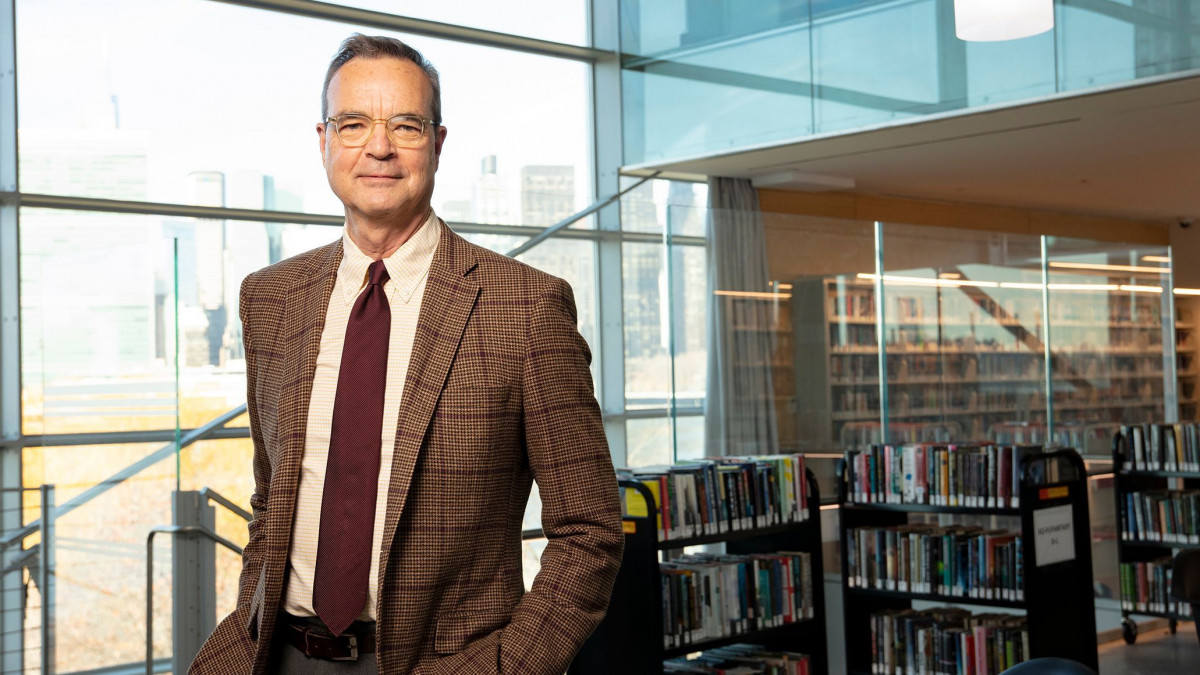 The nonfiction author
The nonfiction author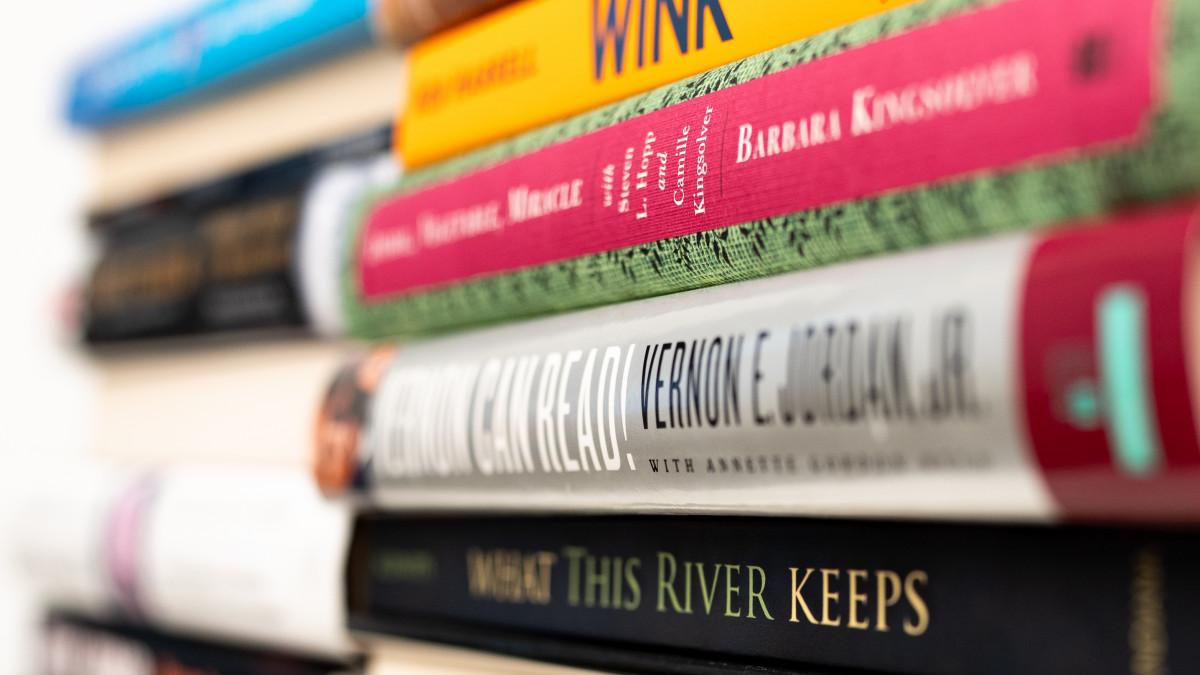 From Inkling to Ink: How a book becomes a book
From Inkling to Ink: How a book becomes a book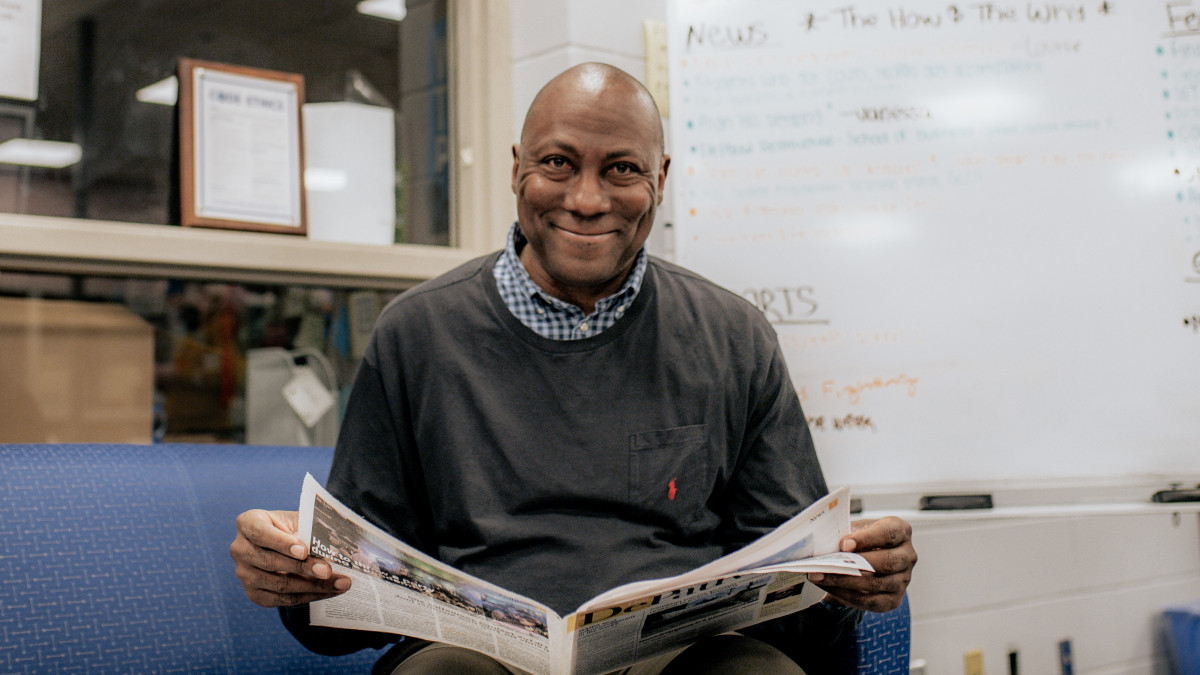 The memoirist-in-the-making
The memoirist-in-the-making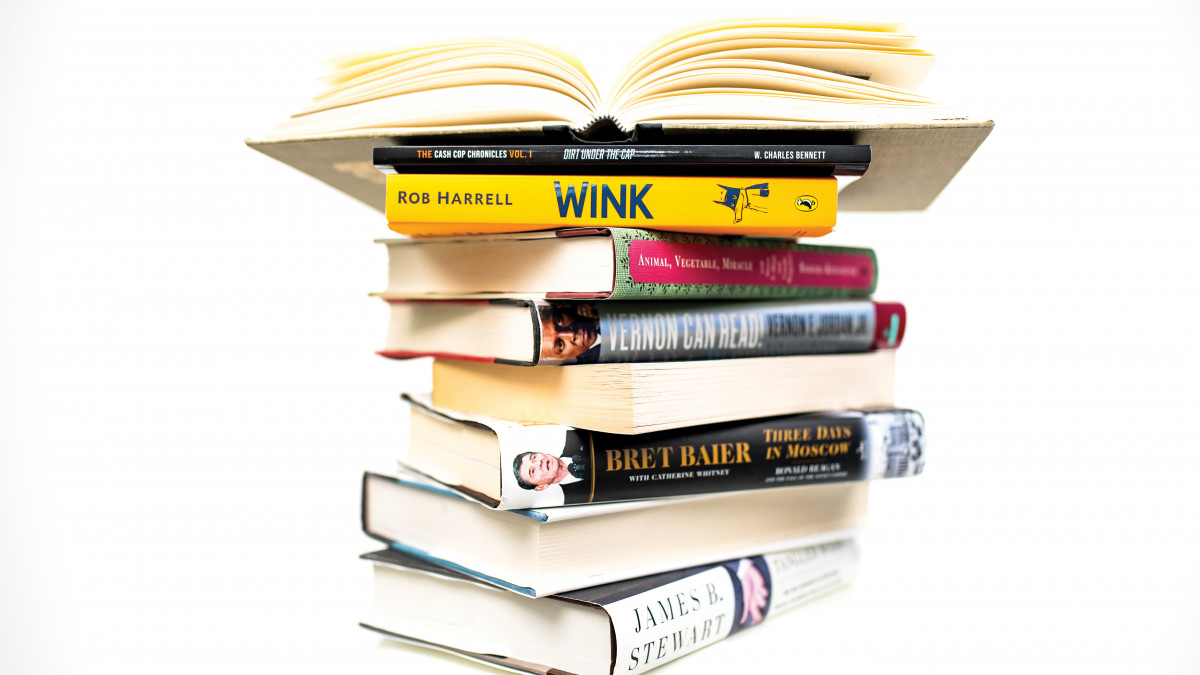 DePauw Magazine - From Inkling to Ink: How a book becomes a book
DePauw Magazine - From Inkling to Ink: How a book becomes a book
DePauw Stories
A GATHERING PLACE FOR STORYTELLING ABOUT DEPAUW UNIVERSITY
Browse other stories
-
Athletics
-
Football - DePauw-Record 190 Student-Athletes Named to NCAC's Dr. Gordon Collins Scholar-Athlete Honor Roll
-
Football - 336 Students Named to 2025 Spring Tiger Pride Honor Roll
-
Football - DePauw Unveils 2025 Athletics Hall of Fame Class
More Athletics
-
-
News
-
Outstanding scholars named to Spring 2025 Dean's List
-
Alumni News Roundup - June 6, 2025
-
Transition and Transformation: Inside the First-Year Experience
More News
-
-
People & Profiles
-
11 alums make list of influential Hoosiers
-
DePauw welcomes Dr. Manal Shalaby as Fulbright Scholar-in-Residence
-
DePauw Names New Vice President for Communications and Strategy and Chief of Staff
More People & Profiles
-
-
Have a story idea?
Whether we are writing about the intellectual challenge of our classrooms, a campus life that builds leadership, incredible faculty achievements or the seemingly endless stories of alumni success, we think DePauw has some fun stories to tell.
-
Communications & Marketing
101 E. Seminary St.
Greencastle, IN, 46135-0037
communicate@depauw.eduNews and Media
-
News media: For help with a story, contact:
Bob Weaver, Senior Director of Communications.
bobweaver@depauw.edu.